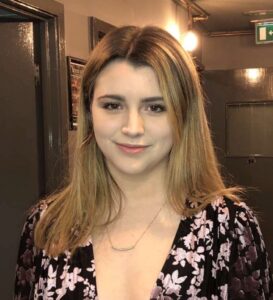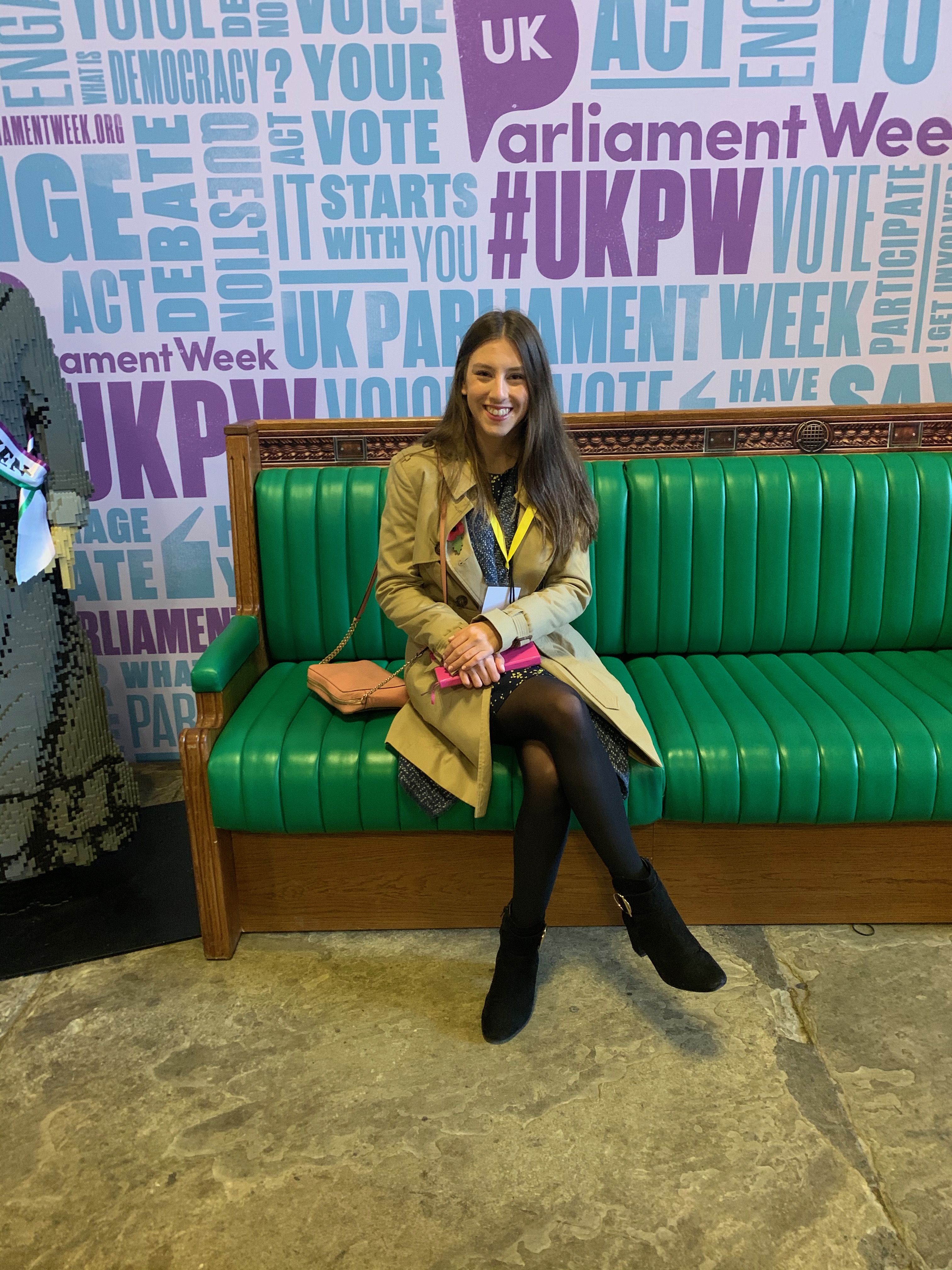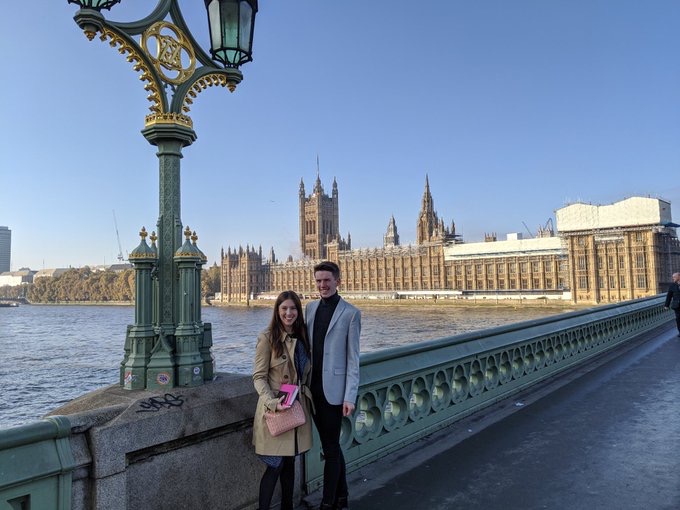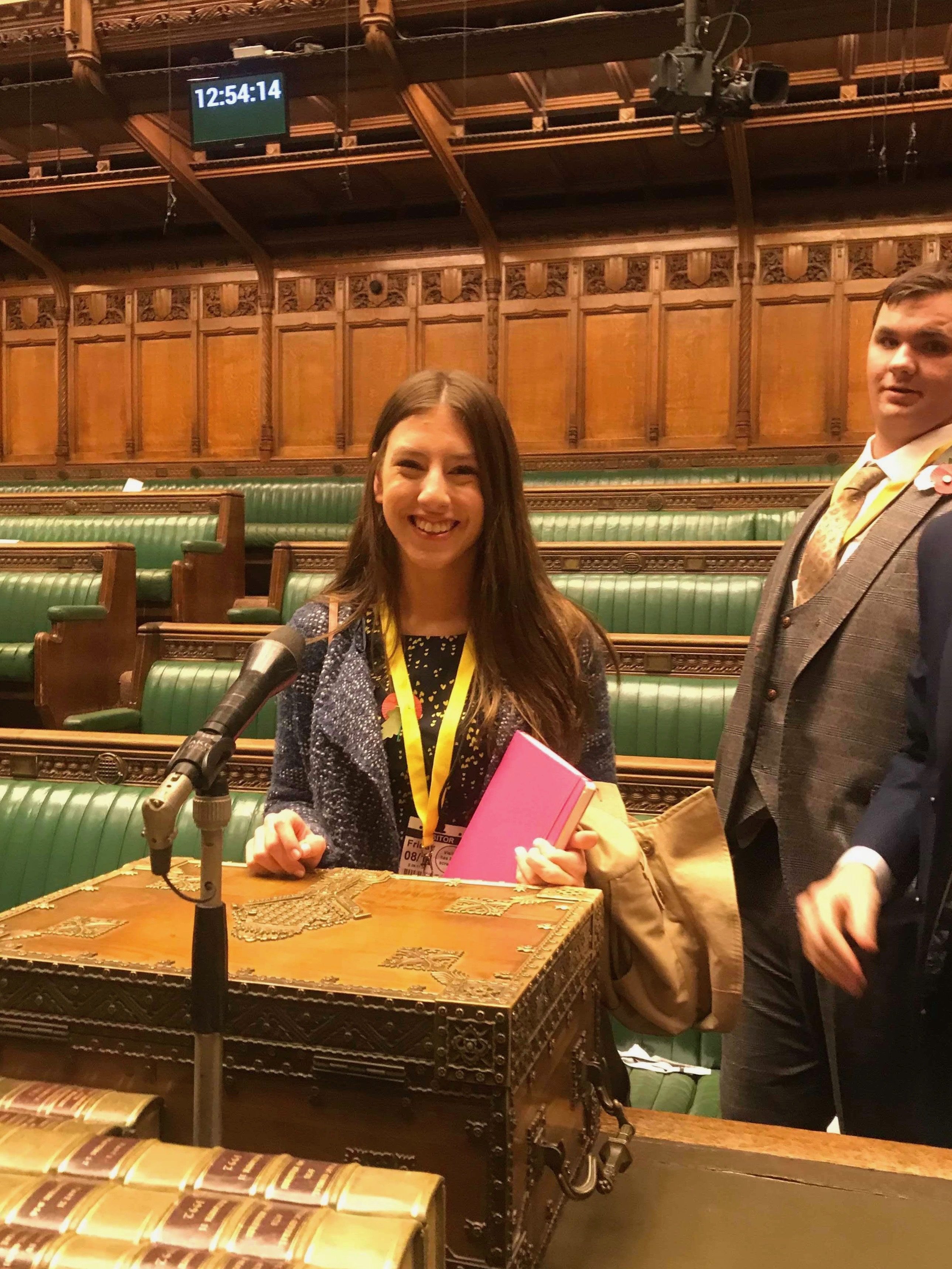Politics
Entry Criteria
- Average Point Score: 4.5
- English Language GCSE Grade 4
- Mathematics GCSE Grade 4
Examination Board
- Edexcel
Click here to visit the exam board course page for A Level Politics.
Teaching Staff
- Miss Duthie
- Mr Mason
- Mr Power
Our course
- Pressure groups
- Political parties
- The Prime Minister (from Thatcher to Johnson)
- Parliament
You will learn about how our system works and why and how people get involved (or not) in politics. We also study political theories: socialism, liberalism, conservatism and feminism. So if you’ve ever wondered what a feminist really believes then this is your chance to find out!
- The presidency
- Congress
- The supreme court
We compare our system to the US throughout.
Skills developed
- Analysis and explanation- you will develop the ability to explain how different parts of the political system work but also analyse how they might, or might not be effective.
- Research- you will be actively encouraged to read/watch the news, follow relevant political figures on social media and keep up with current affairs so that you can bring every day examples into the lessons and essays.
- Debate and discussion- many of our lessons involve sharing and debating ideas intelligently and respectfully.
- Wider critical thinking- during our study of political ideas we will consider ‘big ideas’ such as; “what is human nature like?”, “what is the difference between sex and gender?” or “what role should the state play in our lives?”.
Links to the world of work
Politics student Isabelle was a member of Oldham Youth Council during her time in Sixth Form. Elected as a Member of the Youth Parliament for Oldham, she had the opportunity to visit the Houses of Parliament to take part in Youth Parliament debates.
What do our students say about A Level Politics?
Studying Politics allows us to discover our own political beliefs and to see in much greater detail the benefits and shortcomings of the vast array of political ideologies that are present in the world today. Being able to express what you believe accurately and concisely is extremely useful, it forces you to look at yourself without confirmation bias.
At the start of Year 12, I wish I had looked at the specification in greater detail to have had an earlier and detailed insight into the content studied at A-Level because it is incredibly wide-ranging.
In Politics, it is indispensable you are regularly updated with current affairs and are consistently reading around the subject as textbooks go out of date the day they are published. Why? Because the political landscape is readily adapting, with new examples appearing constantly in the media. Picking which examples to use in your answers to essay questions can be remarkable as something that has happened on the day you are taking your A Level exam can appear in your response!
Other subjects I study include English Literature and Philosophy and Ethics. These complement well with Politics as the nature of the content and exams are alike and you often find overlaps between subjects, which is incredibly stimulating.
I intend to study Politics or a Politics-related degree at University and then wish to delve into research fields including political theory, public policy and governance. A Level Politics will help as an introduction and reduce the steep ascent when studying at a higher level setting.
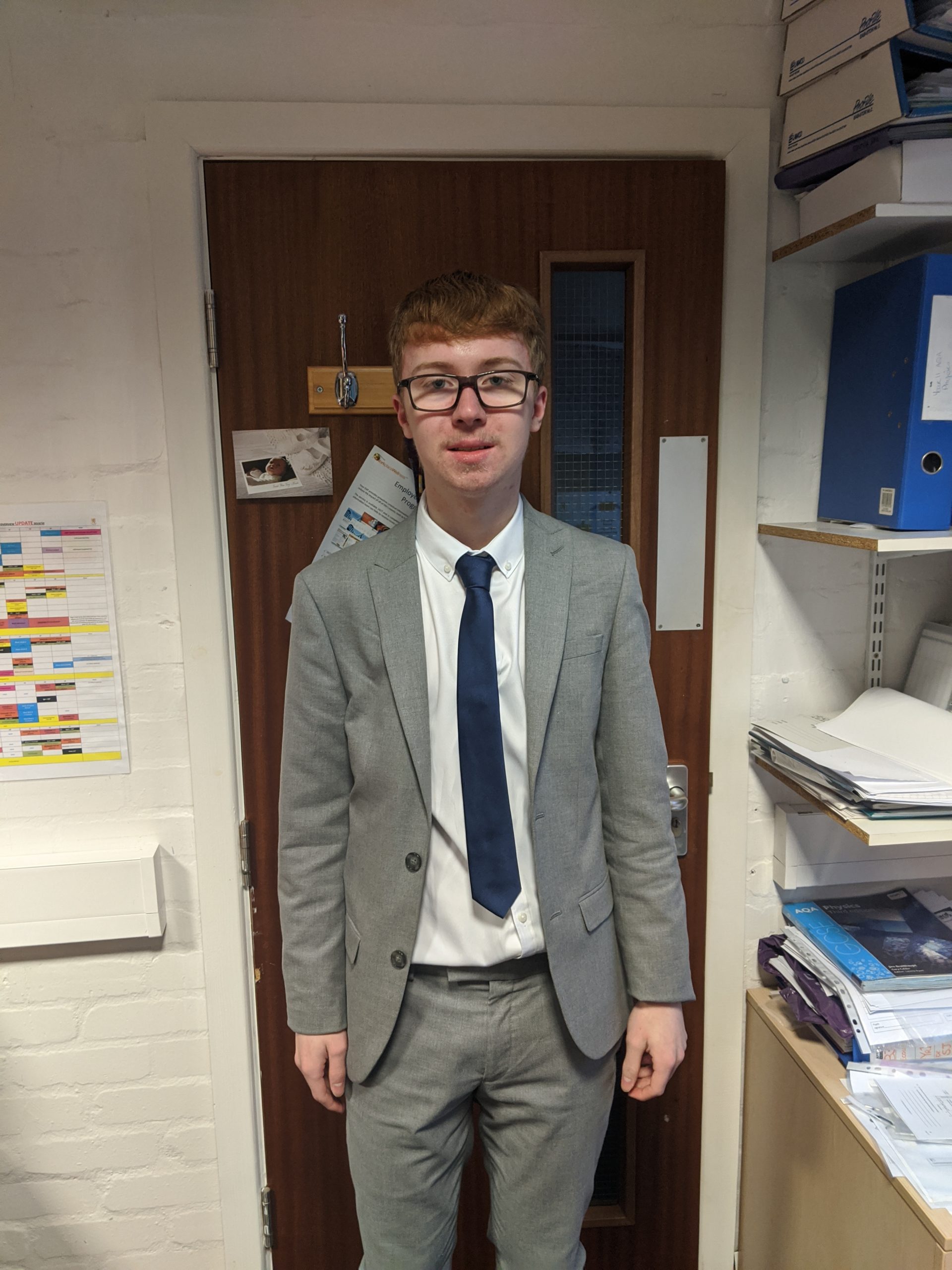
Alongside his A Levels, Caillin has been taking part in Oxford University's highly competitive OxNet program - an opportunity for students in the North West to engage with research and debate and prepare them for university study
One of my favourite things about studying Politics is the relevance it has in our day to day lives. The nature of the subject means that debate is commonplace in class and openly encouraged, and as a student you can see what you are learning contextualised in current events.
Politics is a subject that requires a lot of further reading and it is important to keep very up to date with the news. To do well, recent examples are needed to back up arguments in essays so it isn’t enough to learn the taught content and nothing more, but if you’re interested in politics then this should be easy.
It is a really good idea to make revision notes throughout the year instead of just before mocks or the real exams. It’ll help you feel more prepared and relaxed and it allows you to spend more time using revision tools to learn as opposed to making them.
Alongside Politics I also studied English Literature and History. The three subjects helped me to strengthen my essay writing skills and in places the content I learned overlapped between subjects which definitely helped me consolidate my understanding. Politics is taught by some of the History teachers, because of this I felt very comfortable asking questions and getting help from them.
I have firmed an offer to study Politics at the University of Leeds and I believe my A Level in Politics has helped me achieve a good understanding of the subject and I imagine this will be very useful to me next year.
